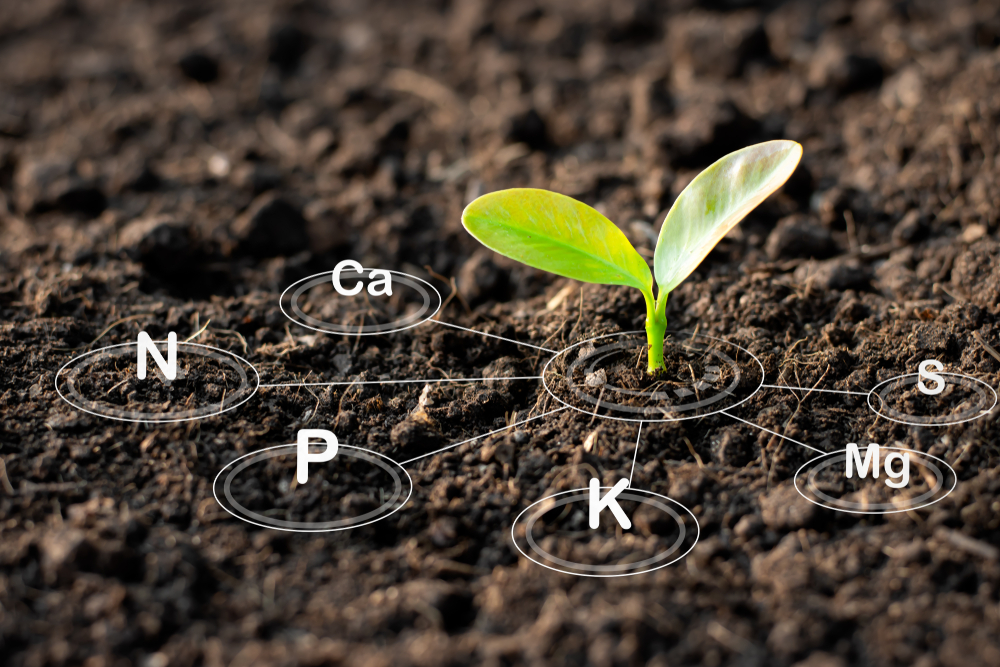As you probably already know, it's hard to get up on the wrong side of the bed! To be in a good mood all day, you need a good night's sleep. Lack of sleep can seriously affect your health in general.
Problems can include the risk of chronic fatigue, excess weight and even depression. Filling up the hours of sleep at night helps to preserve physical and mental health following a hectic lifestyle and better sports recovery. Let's take a closer look.
Introduction to the circadian cycle
Our body is programmed by the circadian clock, we are synchronized over about 24 hours according to our life rhythm. This is due to neuro-hormonal variations that secrete melatonin.
Melatonin is a hormone that triggers a kind of signal to the body. It appears in the early evening.
Deep sleep is reached around two o'clock in the morning, if the body temperature drops around 4 o'clock, and rises around 6 o'clock. It is important to know that it is during the night that the memory is consolidated and stored in a part of the brain.
On the other hand, the circadian rhythm is controlled by the internal clock in the hypothalamus. It is actually made up of 10,000 neurons contained in two suprachiasmatic nuclei.
In turn, they act under the control of about 15 'clock' genes. However, the body has other synchronisers to ensure the normal 24-hour cycle. In this case, no time lag is possible.
Among the key elements of this natural synchronisation, light plays a crucial role. The photoreceptor cells in the retina are responsible for capturing light. This allows the clocks to start in its 24-hour cycle.
The alternation of day and night is the basis of the circadian rhythm. Light from artificial sources such as blue light from computer screens disturbs sleep, which causes a large mismatch between the social rhythm and the circadian clock.
Understanding the different sleep cycles
Sleep is subject to different phases occurring every 90 minutes. The first stage of sleep is falling asleep, the second is slow wave sleep and then comes REM sleep.
The quality of your sleep depends on how you regulate the falling asleep phase according to the natural sleep cycle. 6 hours of sleep is more than enough time for the body to recharge and recover.
The most important thing is to know when the famous cycle begins. Unrefreshing sleep will occur very quickly if you shift the sleep phase from the beginning of the cycle.
The signs are easy to recognise and never deceive. But you should take advantage of them to have a good night's sleep.
The most characteristic signs are drowsiness, the inevitable urge to sleep and the incessant yawning.
You can also use a diary to note down the times when the signs that repeat every 90 minutes occur. In this way, you can use your notes to find the ideal time to go to bed.
Neuromediator function
The stability of the circadian rhythm is ensured by neuromediators. The catecholamines dopamine and noradrenaline are secreted even in the first half of the day.
They provide the energy needed to wake up and for the rest of the day. Dopamine acts as a starter if noradrenaline acts as an accelerator.
The indolamines serotonin and melatonin only occur in the early evening and during the night.
They regulate sleep and rest the mind. Melatonin itself is derived from serotonin, which is naturally produced by the body.
Protein in the morning
Tyrosine, an amino acid, is the source of the body's production of dopamine. At breakfast, it is preferable to include protein-rich foods such as eggs, ham or cheese.
The consumption of animal protein is good for motivation and ensures that the circadian clock runs smoothly.
breakfast is therefore the basis for a good night's sleep. After all, proteins not only optimise sleep but also help to regulate blood sugar levels.
In the end, a good breakfast rich in animal proteins, allows you to spend physically and mentally, while staying in top shape all day long.
However, other important elements can be found in plant food. For example, chia seeds contain 3g of protein in just 1 tablespoon. Mixed with cereals, oat flakes and toast, they make a delicious meal.
If muesli does not provide nearly the required amount of protein, do not hesitate to add other ingredients: almonds, sesame seeds, fruits. . . Vegetable sources do not contain the required amount of Tyrosine. The main thing is to make a good mix to reach the 20g of protein that the body needs.
A moment of pure pleasure
During short breaks, a small snack is essential! Contrary to popular belief, snacks are not just for the little ones.
Dark chocolate has many benefits, as do fruit and nuts. In addition, when we eat carbohydrate foods, our bodies secrete insulin, which redirects amino acids to the muscles.
Tryptophan, which has the same mode of assimilation, comes into play in this case. As the amino acid that triggers the formation of serotonin, tryptophan's action will be to participate in the synthesis of serotonin.
For this purpose, foods rich in tryptophan are to be preferred. You can always add omega 3 and magnesium to your snack. Nuts and almonds are a good alternative for this!
Magnesium deficiency
The following signs are cause for alarm: cramps, memory loss, fatigue, irritability, sleep disorders.
This mineral is very important for our daily health and well-being. Through several enzymatic processes, the main role of magnesium is to help us fight stress.
Without sometimes realising it, our pace of life has an impact on the deterioration of our health in general.
This translates into a magnesium deficiency, for example. We are confronted with a kind of permanent anxiety, stress and especially insomnia.
To cope with this deficiency, opt for magnesium-rich foods such as dark chocolate, cocoa, almonds and legumes! There is nothing more comforting than combining the pleasure of eating with a good balanced diet.



